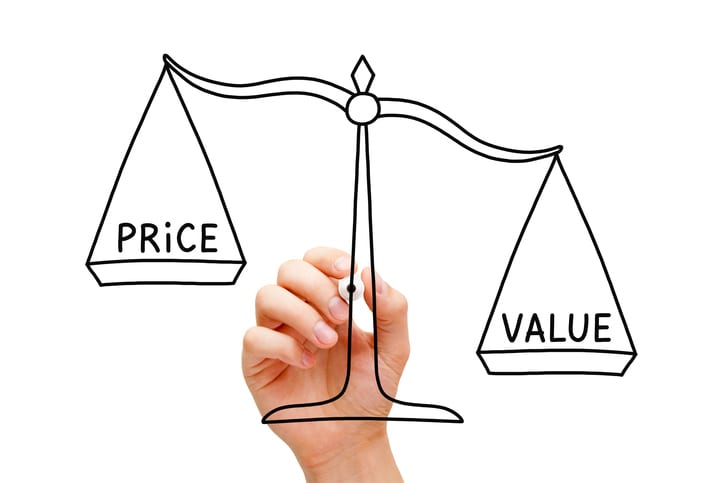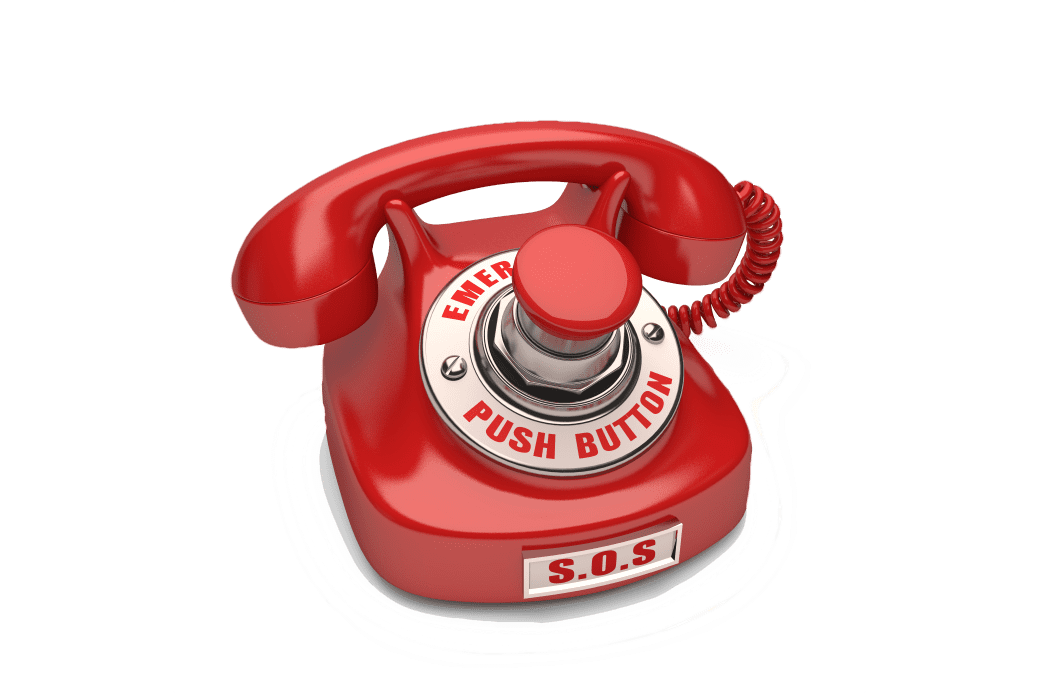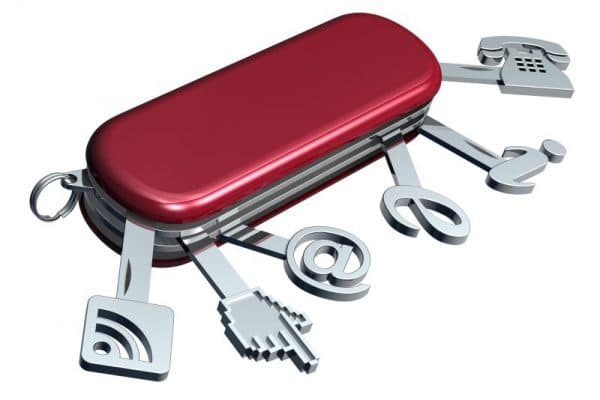 Sam Rozenfeld
Sam Rozenfeld
Voice Communications: Understanding Value Proposition and Cost
Voice communications are an essential part of any business. In the age of messaging, email, and social media we continue to rely heavily on our phones. Keeping current with the technology is important but companies don’t typically upgrade essential pieces of their communications infrastructure on a whim. Most business phone equipment upgrade decisions are driven by … Read more
Enhanced 911 Spelled Out
While first implemented by AT&T in the late 60’s, 911 didn’t become a standard channel for accessing emergency services in the United States until 1972, when the Federal Communications Commission (FCC) recommended that 911 be implemented nationwide. The 911 service initially included basic routing of calls to local police departments, but in 1975 Bell Labs … Read more
10 Plus 1 DLS Hosted PBX Features Our Clients Find Most Useful
Nearly every interactive communication in your business begins with a business phone system also known as PBX. A phone system connects and routes calls between various callers inside and outside of your company. DLS Hosted PBX is a “phone system” service which will not be located on your company’s premises.
DLS Hosted PBX Offers Human Call Transcription Service
Many professions rely on transcribers. Lawyers use secretaries and paralegals. Doctors and dentists use professional transcribers to record diagnosis. News editors right the work of reporters on content and typographical errors. Among others are Novelists, Corporate Officers and Courts. Transcription has been seen by some as a “mundane” task that should be automated. There are, … Read more
DLS releases Hosted PBX 5.0
Today I am pleased to announce the launch of the 5th major release of the DLS Hosted PBX. This release includes a number of significant enhancements to Queues, Faxing, Conferencing, Voicemail, Reporting, Call Routing, Predictive Dialer, and Interface Configuration. This release also includes some new features: LDAP Authentication, Multi-Tenant Support, and provisioning for Cisco 7945 … Read more
EXPERTS YOU CAN COUNT ON
Our Network Solutions and Services Team (NSS) provides premium I.T. consulting services with a focus on complex design, implementation, performance and optimization of our clients’ networks. Our engineers directly contribute to our clients’ success, deploying the latest networking technologies in the highly dynamic environments where they operate. NSS Engineers possess hands-on experience with a variety … Read more








